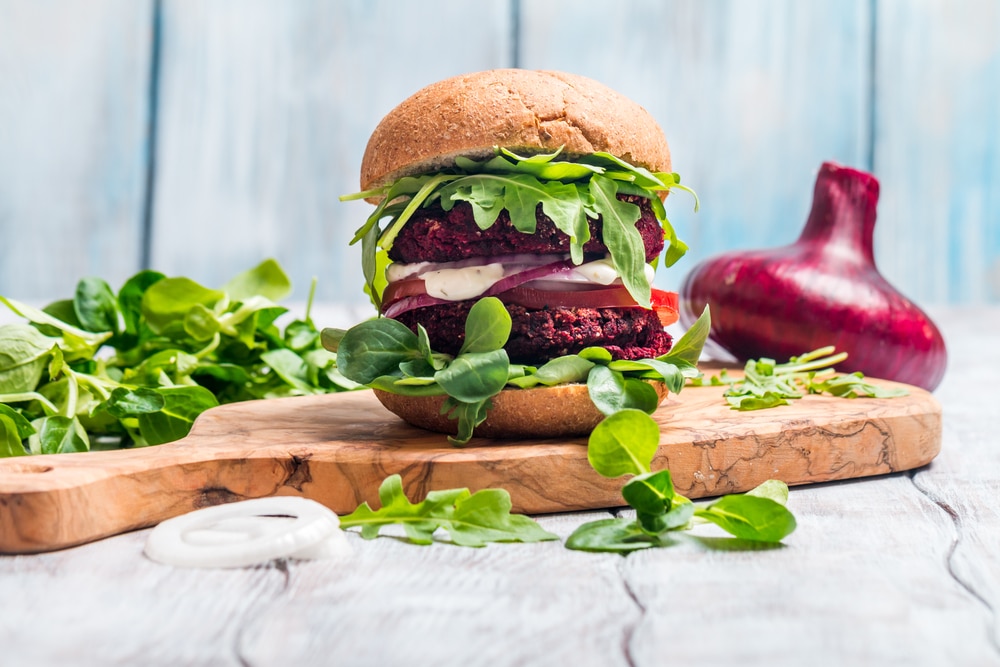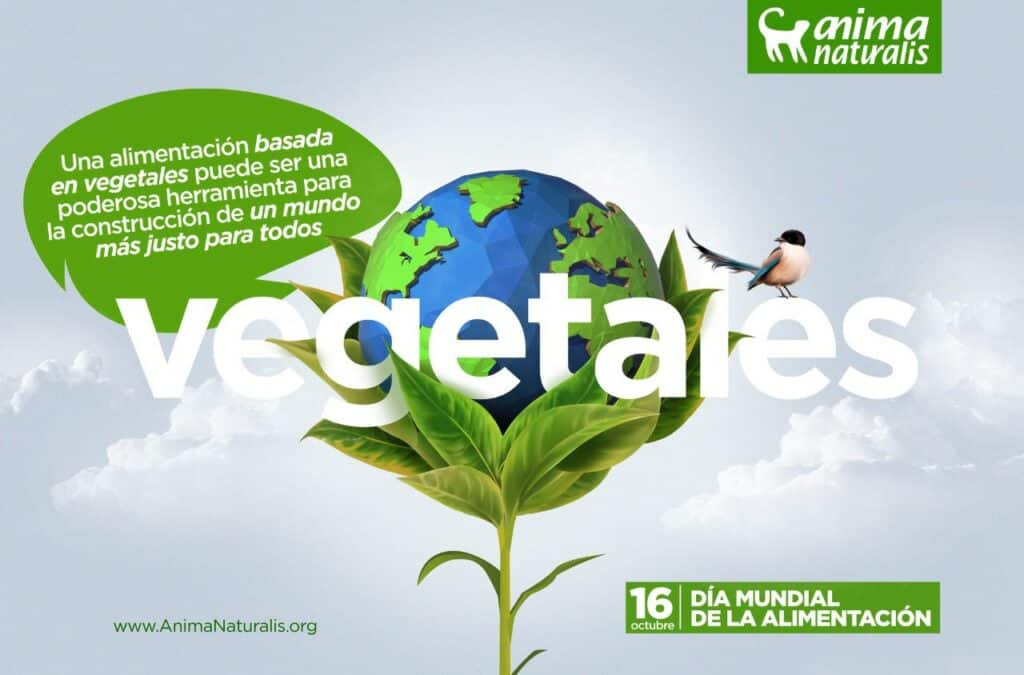What is Veganism?
Veganism is a lifestyle that goes beyond just a dietary choice. It is a philosophy and way of living that seeks to exclude all forms of animal exploitation and cruelty. Vegans not only avoid consuming animal products but also refrain from using them in any other aspect of their lives, such as clothing, cosmetics, and leisure activities.
The primary motivation behind veganism is to promote compassion and respect for all living beings. It aims to reduce the suffering of animals and minimize the negative impact on the environment. By adopting a vegan lifestyle, individuals strive to create a more sustainable and ethical world.
What Do Vegans Avoid Eating?
Vegans avoid consuming any animal-derived products. This includes meat, fish, poultry, eggs, and dairy products. The reasons for avoiding these foods are varied, ranging from ethical concerns about animal welfare to environmental sustainability and personal health.
Meat, including beef, pork, lamb, and poultry, is excluded from a vegan diet due to the inherent cruelty involved in animal farming and slaughter. Fish and seafood are also avoided because of overfishing, destructive fishing practices, and the impact on marine ecosystems.
Eggs and dairy products are not consumed by vegans because of the inherent exploitation of animals in the egg and dairy industries. The production of eggs involves confining hens in small cages, while the dairy industry relies on the separation of calves from their mothers and the continuous impregnation of cows to maintain milk production.
What Do Vegans Eat?
Vegans consume a wide variety of plant-based foods that provide all the necessary nutrients for a healthy and balanced diet. These include:
- Fruits: such as apples, bananas, oranges, berries, and melons.
- Vegetables: including leafy greens, broccoli, carrots, peppers, and tomatoes.
- Whole grains: such as quinoa, brown rice, oats, and whole wheat bread.
- Legumes: including beans, lentils, chickpeas, and tofu.
- Nuts and seeds: such as almonds, walnuts, chia seeds, and flaxseeds.
These plant-based foods provide essential nutrients like carbohydrates, proteins, healthy fats, vitamins, and minerals. They also offer a wide range of flavors and textures, making vegan meals diverse and enjoyable.
Vegan Alternatives to Animal Products
For those transitioning to a vegan lifestyle, there are numerous alternatives to animal products available in the market. These alternatives provide similar tastes and textures, making it easier to replace traditional animal-based foods. Some popular vegan alternatives include:
- Tofu: made from soybeans, tofu is a versatile ingredient that can be used in stir-fries, soups, and even desserts.
- Tempeh: another soy-based product, tempeh is a fermented food that can be grilled, baked, or used in sandwiches and salads.
- Plant-based milk: made from soy, almond, oat, or rice, plant-based milk can be used as a substitute for cow’s milk in cooking, baking, and beverages.
- Vegan cheese: made from nuts, soy, or tapioca starch, vegan cheese can be used in sandwiches, pizzas, and pasta dishes.
These alternatives provide a cruelty-free and sustainable option for those who want to enjoy familiar flavors and textures without relying on animal products.
Avoiding Animal-Derived Ingredients
In addition to avoiding animal products in their whole form, vegans also pay attention to the ingredients used in processed foods. Many products contain hidden animal-derived ingredients that may not be immediately obvious. Some common ingredients to watch out for include:
- Gelatin: derived from animal bones and connective tissues, gelatin is commonly used as a gelling agent in desserts, marshmallows, and gummy candies.
- Whey: a byproduct of cheese production, whey is often found in processed foods, protein powders, and sports drinks.
- Casein: a milk protein, casein is used in some non-dairy cheeses and processed foods as a binder or flavor enhancer.
- Honey: although debated among vegans, many choose to avoid honey due to the exploitation of bees in commercial honey production.
Reading ingredient labels and familiarizing oneself with common animal-derived ingredients is essential for vegans to ensure they are not inadvertently consuming animal products.
Processed Vegan Foods
While a whole-food, plant-based diet is generally recommended for optimal health, there are also processed vegan foods available in the market. These foods are often convenient and can be helpful for those transitioning to a vegan lifestyle or for occasional indulgences.
Processed vegan foods include items like vegan burgers, sausages, deli slices, and frozen meals. These products are typically made from plant-based ingredients such as soy, wheat, or pea protein. While they can be a part of a balanced vegan diet, it is important not to rely on them excessively.
Processed vegan foods may be high in sodium, unhealthy fats, and artificial additives. It is important to read labels and choose products that are made with whole-food ingredients and have minimal processing.
Types of Vegan Diets
Within the vegan community, there are various types of vegan diets that individuals may choose to follow. These diets may have specific guidelines and restrictions, but they all exclude animal products. Some common types of vegan diets include:
- Whole-food vegan: focuses on consuming minimally processed plant-based foods, avoiding refined sugars and oils.
- Raw-food vegan: consists of uncooked and unprocessed plant-based foods, with a focus on fruits, vegetables, nuts, and seeds.
- Low-fat raw-food vegan: similar to a raw-food vegan diet, but with an emphasis on low-fat plant-based foods.
- Junk-food vegan: includes processed vegan foods, such as vegan burgers, fries, and desserts, but should be consumed in moderation.
It is important to note that while these diets can be healthy, they require careful planning to ensure all essential nutrients are obtained.
Health Benefits of Vegan Diets
Vegan diets have been associated with numerous health benefits. Research has shown that a well-planned vegan diet can provide all the necessary nutrients and reduce the risk of certain diseases.
Some potential health benefits of vegan diets include:
- Lower risk of heart disease: vegan diets are typically low in saturated fat and cholesterol, which are known risk factors for heart disease.
- Reduced risk of certain cancers: high consumption of fruits, vegetables, and legumes has been linked to a lower risk of certain types of cancer, such as colorectal and breast cancer.
- Weight loss: vegan diets are often lower in calories and higher in fiber, which can aid in weight loss and weight management.
- Better blood sugar control: plant-based diets have been shown to improve insulin sensitivity and blood sugar control, reducing the risk of type 2 diabetes.
- Improved digestion: the high fiber content of plant-based foods can promote healthy digestion and prevent constipation.
It is important to note that while vegan diets can be healthy, they require careful planning to ensure all essential nutrients are obtained. Consulting with a registered dietitian or healthcare professional can help ensure a well-balanced vegan diet.
Supplementing Nutrients on a Vegan Diet
While a well-planned vegan diet can provide most of the necessary nutrients, there are a few nutrients that may require supplementation. These include:
- Vitamin B12: found primarily in animal products, vitamin B12 is essential for nerve function and the production of red blood cells. Vegans should consider taking a B12 supplement or consuming fortified foods.
- Vitamin D: sunlight is the primary source of vitamin D, but it can be challenging to obtain sufficient levels, especially in certain climates. Vegans may need to consider a vitamin D supplement.
- Calcium: while calcium is abundant in dairy products, vegans can obtain it from plant-based sources such as fortified plant milks, tofu, leafy greens, and almonds.
- Zinc: plant-based sources of zinc include legumes, whole grains, nuts, and seeds. However, some vegans may need to supplement if their intake is inadequate.
- Iodine: iodine is primarily found in seafood and iodized salt. Vegans can obtain iodine from seaweed or iodized salt.
- Selenium: plant-based sources of selenium include Brazil nuts, whole grains, and legumes. However, the selenium content of plant foods can vary, so supplementation may be necessary.
It is important to consult with a healthcare professional or registered dietitian to determine individual nutrient needs and ensure proper supplementation.
Veganism Beyond Diet
Veganism extends beyond just dietary choices. Many vegans also choose to avoid using animal products in other aspects of their lives. This includes clothing, cosmetics, and leisure activities.
Vegans opt for clothing made from synthetic materials or plant-based fibers like cotton, linen, or hemp. They avoid materials such as leather, fur, wool, and silk, which involve the exploitation of animals.
In the realm of cosmetics and personal care products, vegans look for cruelty-free and vegan-certified options. They avoid products that contain animal-derived ingredients or have been tested on animals.
Furthermore, vegans may choose to avoid activities that involve the use of animals for entertainment, such as circuses, zoos, and horse racing.
By extending their vegan principles beyond diet, individuals can align their lifestyle choices with their ethical beliefs and contribute to a more compassionate and sustainable world.



